Would you like to join?
We are currently recruiting new members. You do not need a scientific background or any specific skills. We particularly welcome applications from under-represented and diverse communities such as those from an ethnic minority background, LGBT+, people with disabilities or those with long term health conditions. To apply please fill in this expression of interest form.
Our Current Research Projects
Sensor Glove
We are working with a team of engineers to design a new ‘sensor glove’ to examine birthing people in labour. The glove has special sensors on the tip that allow us to work out what position the baby’s head is in (which way it is looking) and aid us in determining the safest way to deliver the baby - via ventouse, forceps, or caesarean section. At present, vaginal examinations can be subjective and inaccurate, and lead to poor outcomes for both babies and birthing people. We have had really positive feedback during our previous Parent’s Involvement Group sessions, in which people hoped that glove could reduce the number of examinations that people would need during labour. Our aim is to test the glove on labouring people to make sure that it works, and that it is also acceptable and comfortable. As the project progresses, we would like to continue to ask for your feedback on the design of the glove, and what you would like us to include on patient information leaflets and consent forms for people who will be recruited to the trial.
MRI Study
We are in the early stages of designing a study involving MRI in late pregnancy/labour to improve pregnancy outcomes. The MRI study would involve scanning people in late pregnancy and in labour to look at the baby in relation to the birthing person’s pelvis, uterus and placenta. This would allow us to better understand how normal labour works and may allow us to predict whether a person would need a caesarean section or instrumental delivery. At a previous Parent’s Involvement Group sessions, this idea was met with great enthusiasm if it meant that it could change outcomes for the better. We would like to ask for your feedback when we are designing the trial.
ROTATE
During labour, babies tend to face towards the birthing persons spine. When babies are facing to the side or “looking up”, it can make it harder for the birthing person to push the baby out. In medical terminology this is called mal-position. When it is picked up during the second stage of labour, rotation of the baby’s head into a better position for birth is often required. There are two different ways of doing this rotation: either with a hand, or with an instrument such as forceps or the suction cup (ventouse). We know from previous research that performing these rotational techniques can have negative physical and psychological outcomes for birthing people and their babies. We want to understand which technique is preferrable and will improve outcomes for babies and birthing people.
The ROTATE research project will compare the differences between hand and instrumental rotation. We will look at how this may impact on tears to the perineum or vagina, whether there was a need to perform caesarean section, injuries to the baby or birthing person and people’s overall experience of birth. We look forward to getting feedback and ideas from the Parents Involvement Group about our research.
Blogs and updates
You can learn more about how past Public and Patient Involvement from the group has helped shape develop research in this blog, featuring a video chat with Carmen.
Who we are
We are a group of engineers, medical staff and public engagement facilitators working with the UCL & WEISS Perinatal Care and Operative Birth Group, who aim to improve health and safety in pregnancy and birth for every parent.
Carmen Salvadores Fernandez, Dimitrios Siassakos, Emily Ahmed, Laura-Rose Thorogood, Olivia Newth, Shireen Jaufuraully and Simon Watt.
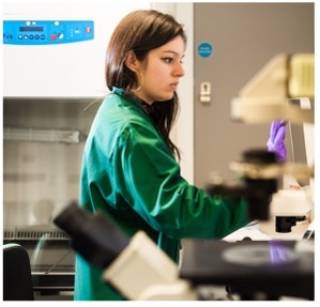 | Carmen Salvadores Fernandez |
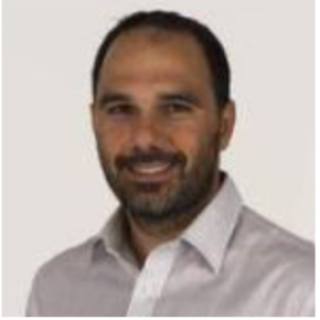 | Dimitris Siassakos Dimitris Siassakos is Associate Professor & Consultant in Obstetrics at University College London and UCL Hospital. He leads several national and global initiatives to improve the safety and experience of birth through research and training. |
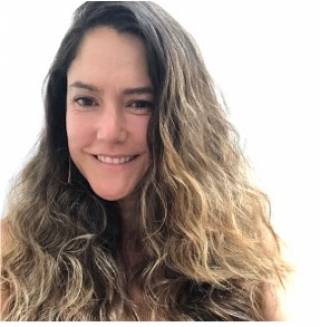 | Emily Ahmed Emily is a public engagement and community research specialist, trainer and facilitator. She is also currently doing a PhD looking at co-production in health and social care research. She organises and facilitates the operative birth parent involvement group sessions and supports the research team in thinking about public involvement. |
 | Laura-Rose Thorogood |
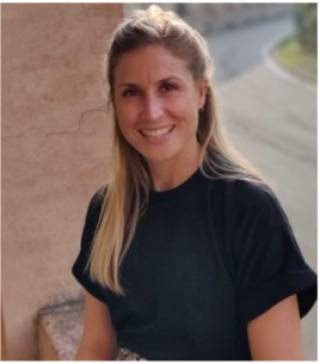 | Olivia Newth Olivia is a Clinical Research Midwife at UCLH and cares about improving the experience for birthing people and their families, when providing one-to-one care and through research. Her role on the ROTATE trial involves supporting the research midwives across the different hospitals to deliver good quality research, as well as collecting feedback on taking part in the trial. |
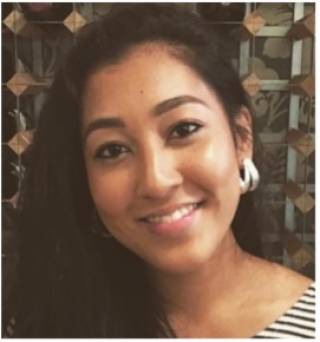 | Shireen Jaufuraully Shireen is a Clinical Research Fellow and obstetrics and gynaecology doctor at University College London Hospital (UCLH). She’s really interested in improving the operative birth experience for all women, and in using new imaging techniques to improve safety and birth outcomes for both mothers and babies. |
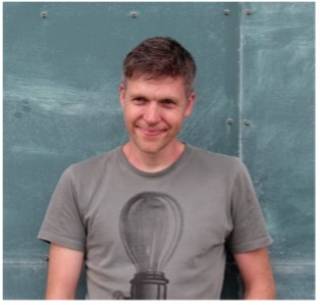 | Simon Watt Simon is the Public Engagement Manager at the Wellcome/EPSRC Centre for Surgical and Interventional Science. He supports activities that bring people together to discuss research and experiences in ways that make healthcare technologies and practices better together. This can cover a wide range of activities but at their heart they’re all about chances to share and respond to everyone’s experiences. |
 Close
Close

